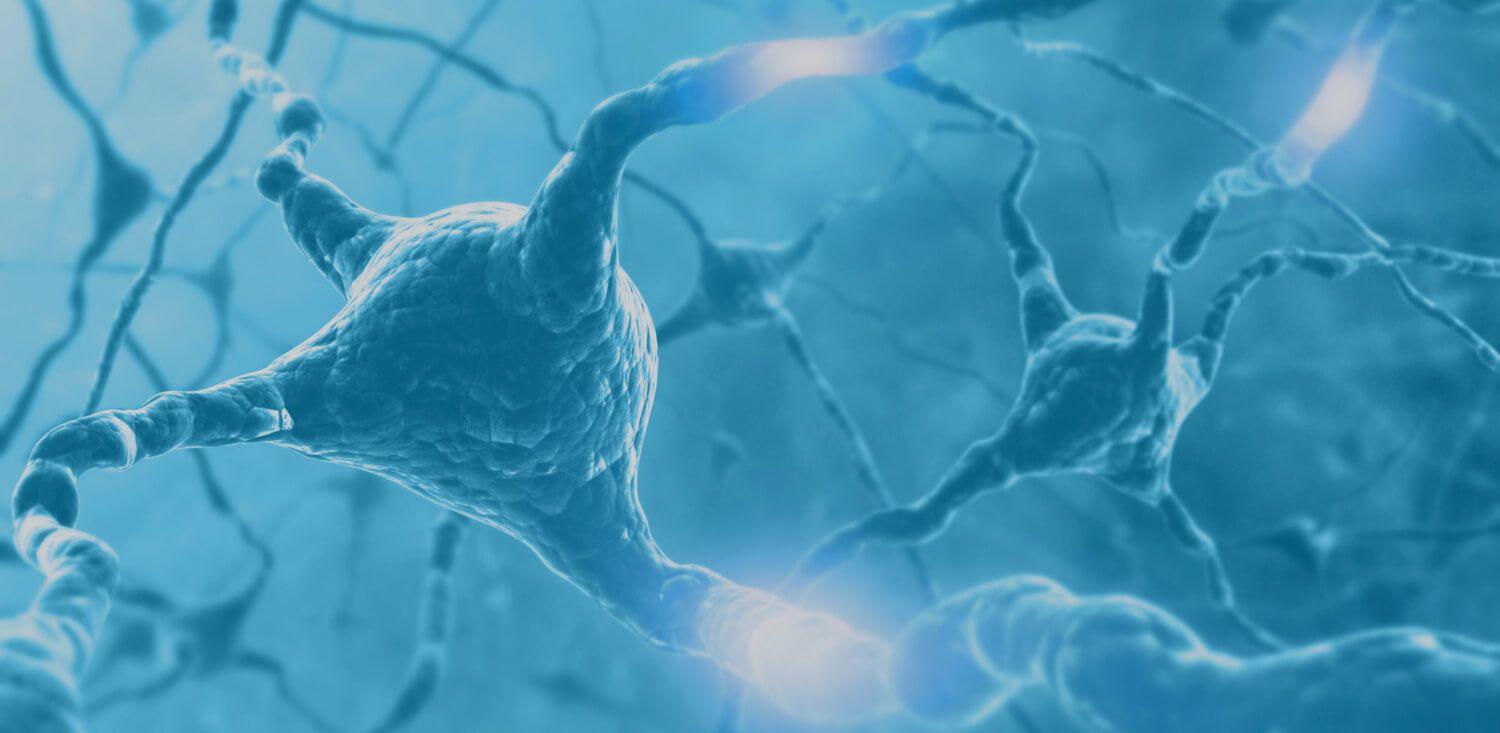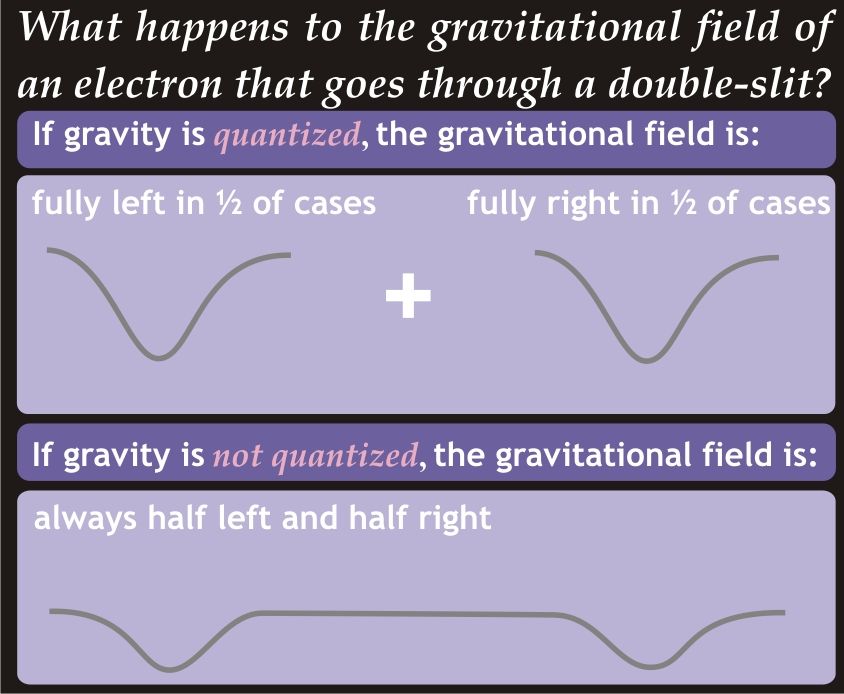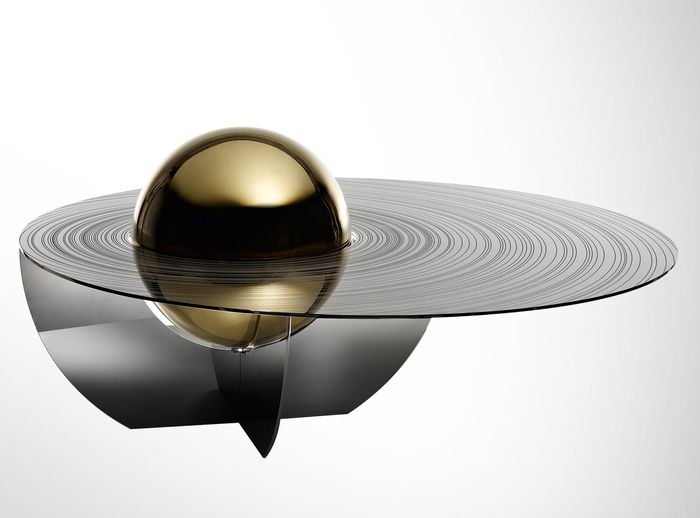Oct 13, 2015
Ray Kurzweil’s Wildest Prediction: Nanobots Will Plug Our Brains Into the Web by the 2030s
Posted by Klaus Baldauf in categories: engineering, nanotechnology, neuroscience, Ray Kurzweil
I consider Ray Kurzweil a very close friend and a very smart person. Ray is a brilliant technologist, futurist, and a director of engineering at Google focused on AI and language processing. He has also made more correct (and documented) technology predictions about the future than anyone:
As reported, “of the 147 predictions that Kurzweil has made since the 1990s, fully 115 of them have turned out to be correct, and another 12 have turned out to be “essentially correct” (off by a year or two), giving his predictions a stunning 86% accuracy rate.”
Two weeks ago, Ray and I held an hour-long webinar with my Abundance 360 CEOs about predicting the future. During our session, there was one of Ray’s specific predictions that really blew my mind.
















